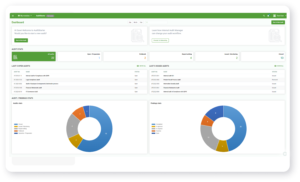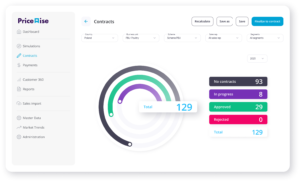Overview
A DataOps version control system is essential for effectively managing machine learning projects. With a centralized version control system, every aspect of your machine learning model development process is tracked, stored, and organized into a reproducable workflow, making it easier to track changes, share and collaborate on projects with other data engineers, and reproduce experiments reliably. Our version control solutions leverage the data versioning tool, DVC, for model version control, and other tools such as Git for code and configuration management. By integrating these solutions your organization can improve collaboration, save on data storage costs, minimize downtime, and ensure continuity in your software development and data management workflows.




